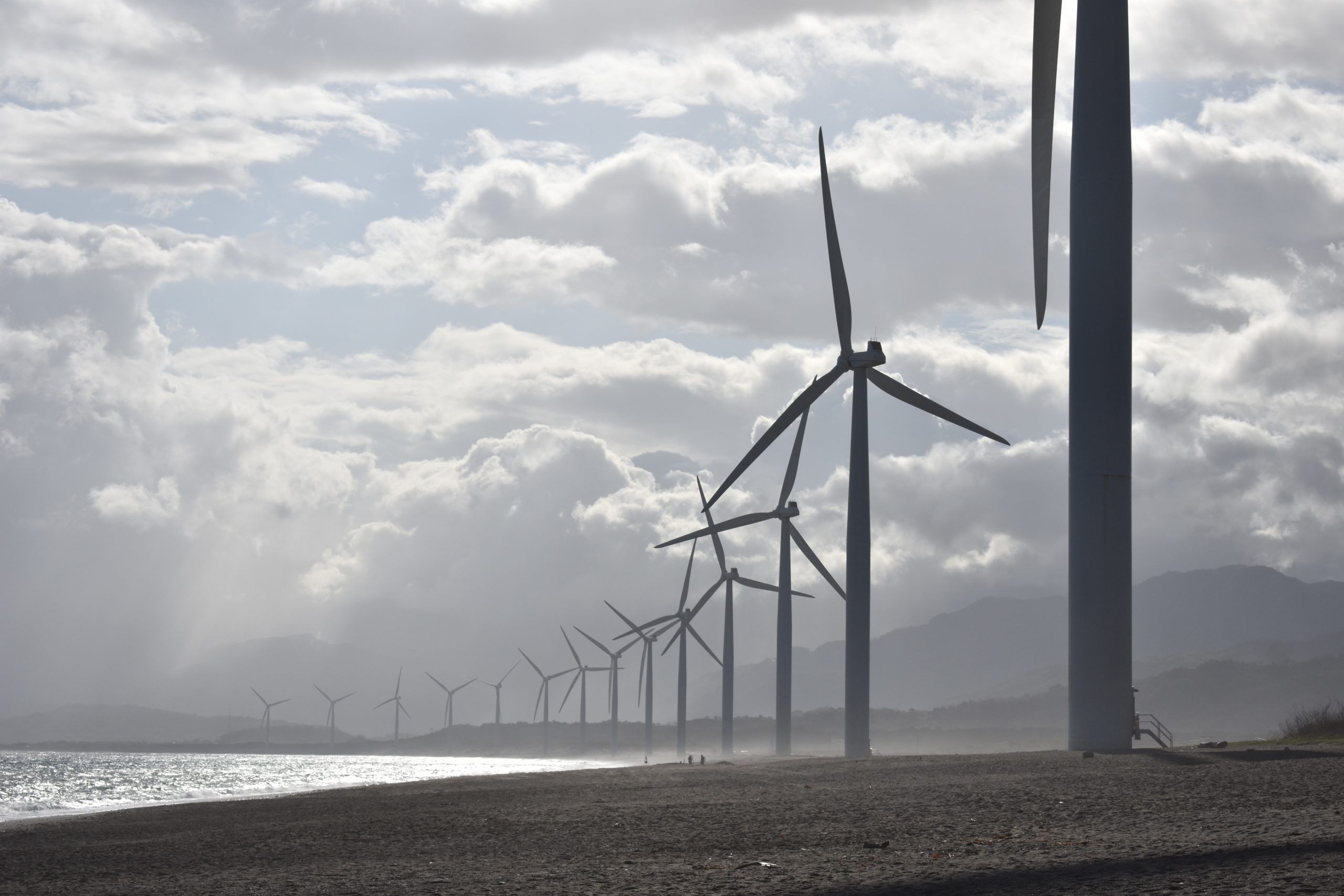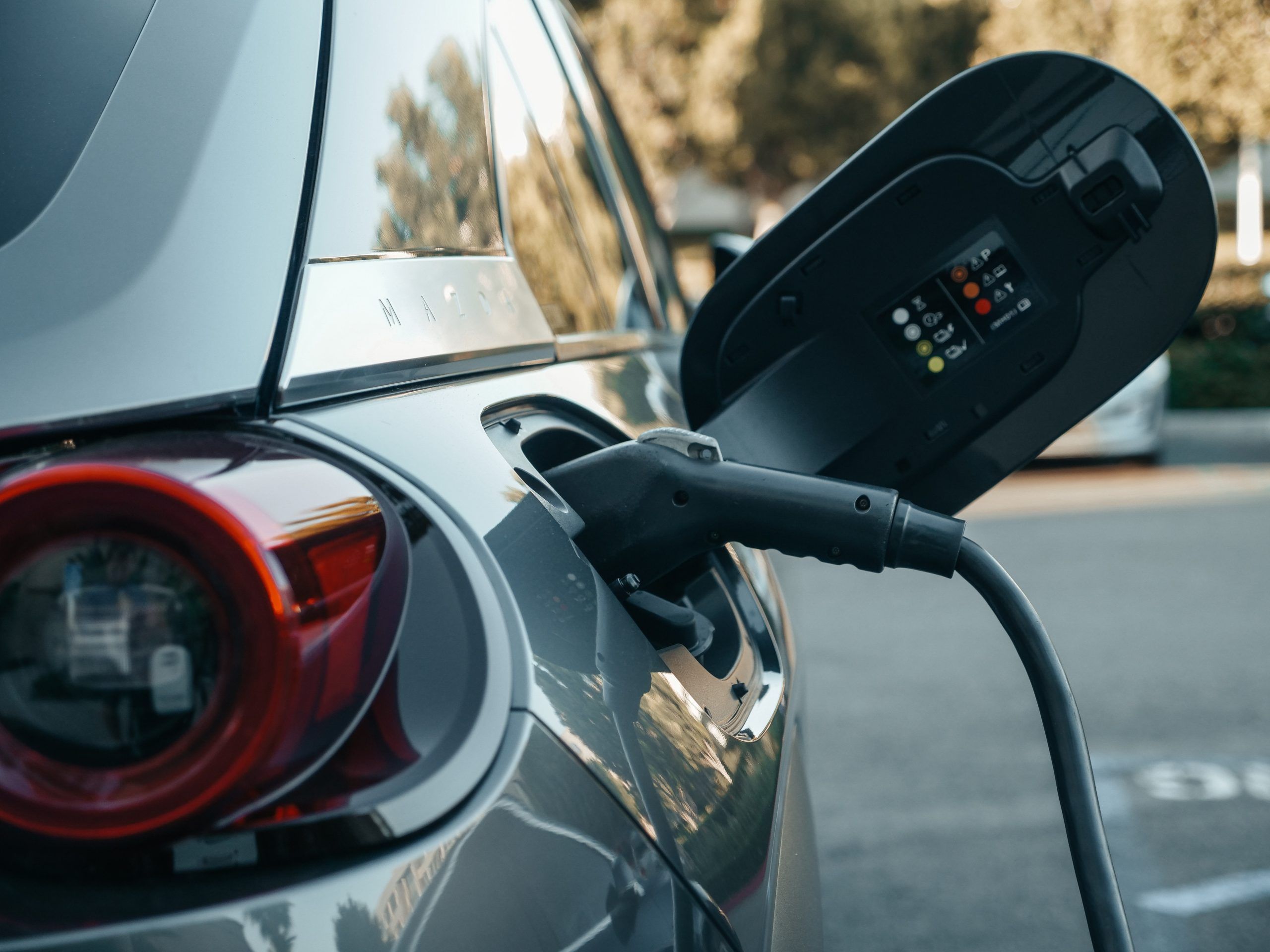Certification catalog
The GreenSign Hotel Standard
The GreenSign Hotel Standard recognized by the GSTC comprises over 100 criteria. These are divided into eight topics and cover the ecological aspect of sustainability as well as the social and economic dimension. In order to make our certification process as transparent as possible, you will find the questions from our certification catalog here, which you will also answer during the self-evaluation and audit.

Management & Communication
Management and communication are central components of a sustainable corporate orientation. They stand for a system of values and responsible shaping of the future in dialog with stakeholders.
- The hotel has drawn up a mission statement (corporate policy) for sustainable and responsible corporate management
- The mission statement (corporate policy) refers to the following aspects for responsible action
- The hotel has nominated and documented a sustainability/environmental/CSR* representative (e.g. organizational chart, job description)
- The hotel has a sustainability/environment program with prioritized areas of activity/ environmental aspects with related target settings, measures and responsibilities
- The hotel staff are engaged in the development and implementation of the sustainability program
- The hotel informs stakeholders about its sustainability activities (e.g. via website, newsletter, social media, customer magazine, information in the hotel)
- The hotel informs stakeholders about its sustainability activities (e.g. via website, newsletter, social media, customer magazine, information in the hotel)
- A unified visual corporate design (CD)/corporate image is launched and implemented in the hotel (e.g. logo, design of communication media with business cards, hotel brochures, official documents, workwear)
- Advertising material and marketing communication are precise and transparent, including sustainability matters
- The hotel seeks to engage stakeholders’ participation in the hotel’s corporate sustainability policy and has implemented necessary measures (e.g. upcycling workshops for guests, sustainability-driven onboarding process, coordination of eco-friendly delivery routes)
- The CSR/quality manager of the hotel monitors and initiates improvement processes regarding sustainability issues and reports about them in meetings
- The hotel management ensures that all applicable local, national and international legal obligations/regulations are respected and implemented and that applicable permits and licenses are reviewed (e.g. labor law, environmental regulations, health and safety regulations, anti-corruption, recommendations from the child protection codex “The Code”)

Environment
The environmental pillar comprises the ecological areas of energy, water and waste. As essential components and influencing factors on the ecological footprint, strategies and measures to reduce resource consumption are essential.
- The hotel measures and controls the energy consumptions (e.g. electricity, heating oil, natural gas) regularly and systematically
- The hotel examines and evaluates all energy suppliers
- The hotel makes sure that energy-saving products are preferred when making new electrical purchases
- The hotel takes measures to identify and continuously reduce significant greenhouse gas emissions related to its energy use
- The hotel is a newly constructed building (not older than five years) and is built in an energy-efficient matter.
- The hotel ensures that all electrical installations (e.g. ventilation systems) are regularly serviced and maintained
- The hotel ensures that all electrical installations (e.g. ventilation systems) are regularly serviced and maintained.
- The hotel obtains energy from renewable/regenerative sources to improve the climate balance
- The hotel has made an effort to increase its use of renewable energy in the last three years
- The following energy efficiency measures have been implemented in the hotel rooms
- A hotel room management system (HRMS) is available for the front desk personnel
with the following features - The hotel uses sustainable building equipment in all areas
- The following measures have been implemented in the hotel for further energy efficiency
- The hotel makes use of energy-saving/LED lamps
- The hotel takes (further) measures for the continuous reduction of energy waste
- The hotel collects data concerning water consumption by type regularly and
systematically in order to reduce water consumption - The hotel complies with the local/national regulations of waste water disposal, so that
it can be purified and reused - Water risks are evaluated and documented. Potential cumulative influence of tourism
on water resources is taken into account - The water is obtained from legal and sustainable sources with no future impact on
the environmental flows. Furthermore, the sources are indicated - The hotel ensures that all water installations and facilities (e.g. healing, cooling) are
regularly maintained and kept in good condition - The hotel ensures that the quality of the (drinking) water in all areas of the hotel (e.g.
rooms, swimming pools) is regularly checked (e.g. legionella, chlorine content) - The following measures for saving/conserving resources have been implemented
in the hotel - The hotel takes further measures for continuous reduction and waste of water
- The hotel collects data concerning the waste volume regularly and systematically in
order to reduce the waste - Waste separation in the hotel is carried out according to guidelines of local authorities
- Separation systems for garbage are in place (e.g. waste separation site with clear
labeling of waste container/recycling container) - The following measures are taken to reduce and/or avoid waste production in the hotel
- The hotel collects and properly disposes special waste (e.g. printer cartridges) and
residual waste in recognized public facilities (without negative influences on the
environment or local population) in accordance with local and legal regulations - A zero waste breakfast is offered to avoid packaging waste
- The hotel implements the cradle-to-cradle system through the following measures
- The hotel takes measures to prevent food waste
- The amount of used copy paper at the hotel is regularly collected
- The hotel uses only recycled paper/paper from sustainable forestry (e.g. Forest
Stewardship Council (FSC)) in the following areas - The hotel implements the following measures to reduce paper consumption
-
Pollutants (pesticides, paint, chemicals) are reduced wherever possible
- The hotel implements practices to minimize pollution from noise, light, runoff, erosion,
ozone-depleting substances, and air, water and soil contaminants - The hotel takes (further) measures for continuous reduction of waste


Biodiversity & cultural heritage
A biodiverse farm takes responsibility for the surrounding flora and fauna and does its part to protect and grow them.
- The hotel supports biodiversity and take initiatives for it
- The hotel is not situated in a natural reserve
- The hotel takes the following measures for biodiversity
- All laws and zoning requirements related to land usage and activities in local and/or
sensitive, protected or designated areas are adhered to -
Natural and cultural heritage is taken into account in the site and design selection,
as well as in all hotel practices including tourist visits - Adherence to land, water, property and access rights
- The hotel supports local entrepreneurs in the development of sustainable products
and services that are based on the area’s nature, history and culture (

Purchasing
- The purchase of F&B products and services with suppliers based in an area of ≤ 100 km
from the hotel is prioritized whenever these are available and of sufficient quality - The purchase of all other products and services with suppliers based in an area
of ≤ 100 km from the hotel is prioritized whenever these are available and of
sufficient quality - The washing of various articles (e.g. bedlinen, towels, bathrobes) takes place at a
laundry shop based in an area of ≤ 100 km from the hotel -
When buying/leasing/renting textiles, the hotel prefers sustainably produced
materials (e.g. GOTS (Global organic textile standards), Fairtrade, Cotton made in
Africa, organic cotton, recycled polyester or lyocell/tencel) -
The purchase of sustainable products in various categories (e.g. „Blauer Engel“, FSC
certification of sustainable forestry, climate-neutral) takes place - The hotel purchases environmentally friendly care and beauty products for the hotel
rooms -
The hotel offers the following regional drinks (based in an area of ≤ 100km from the
hotel) - The hotel offers vegan drinks and snacks on the menu card
- The hotel offers plant-based alternatives (vegan) on the breakfast buffet (e.g. oat milk,
soy milk) - The hotel offers vegan drinks and snacks in the minibar
- The purchase of seasonal products is at least 30% in the F&B area
- The hotel prioritizes and purchases the following certified organic productsn
-
The hotel prioritizes and purchases the following fairly traded and certified products
(e.g. fairtrade, GEPA, UTZ) - The hotel purchases the following vegan products
- The hotel purchases fish that is biologically bred or organically caught with low-impact
fishing methods (e.g. MSC-certified, from domestic waters) - The hotel purchases meat from organic farming
- The hotel restaurant cooks with fresh ingredients and refrains from using food with
flavor enhancers, artificial dyes, preservatives, artificial supplements and E numbers - The proportion of convenience food in the hotel is at most 20%
- 9 Endangered species are not purchased or sold
- The hotel carefully manages the purchasing of consumables and disposable goods,
including food, in order to minimize waste - The hotel takes (further) measures to optimize purchasing processes, strengthen
the sustainable values or to purchase more sustainable and vegan products - The organization has a purchasing policy that favours environmentally sustainable
suppliers and products


Regionality & Mobility
Regionality and mobility are key indicators of sustainability. Regionality contributes to company identification and a quality growth. Mobility requires future-oriented approaches in the tourism branch.
- The hotel is involved with local destination management organizations or similar
institutions - The hotel declares and informs about the origin of the products on the menu card/drinks
menu - Guests can purchase regional/self-made products at the hotel that are based on the
area’s nature, history and culture - Employees know the origin and quality of products and suppliers in the region
-
The hotel uses regional, sustainable certified or vegan care and beauty products in the
spa area - At least 50% of all employees live in a radius of ≤ 30 km from the hotel
- The hotel offers special conference packages with regional, organic or vegan
products - The hotel offers and actively promotes the rental of bicycles
- Indicators regarding guest mobility
- Indications regarding employee mobility
- The hotel is barrier-free and accessible for people with and without mobility restrictions
- Employees receive in-depth information about the natural and cultural heritage of the
region as well as about events with regional or cultural content - Employees receive in-depth information about appropriate behavior at the natural and
cultural heritage of the region as well as about events with regional or cultural content - Guests receive in-depth information about the the natural and cultural heritage of the
region as well as about events with regional or cultural content - Guests receive in-depth information about appropriate behavior at the natural and cultural heritage of the region as well as about events with regional or cultural content

Quality management and sustainable development
Quality assurance is a core process of sustainability and an important part of every business. Its further development ensures the future business success through satisfied and motived employees, regular guests and a trusting cooperation with all stakeholders.
- Business processes (e.g. work instructions) and organizational structures are
recorded in a quality/environmental hand book - The hotel takes into account at least three of the 17 climate goals of the United Nations
(SDGs, Sustainable Development Goals) in its sustainability activities - At least 80% of the hotel’s suppliers work with a certified sustainable concept (e.g.
climate-neutral products, United Nation Global Compact Network) and all suppliers are
reviewed annually regarding the core criteria quality, regionality and sustainability - The hotel actively encourages the use of cleaner and more resource efficient alternatives by suppliers
- Suppliers comply with the hotel’s code of ethics based on environmental, social and
ethical standards of the hotel - Sustainability is considered as a continuous improvement process in the hotel
- Efficiency measures in the area of corporate ecology (energy, water, waste) are regularly
trained (several times per year) and implemented - Employees/new employees receive written information about eco-friendly tips/behavior at the workplace (e.g. included in the welcome-package for new employees, announcements
on international information boards) - The usage and handling of equipment is documented (e.g. sanitation guidelines,
cleaning schedules) - The hotel regularly controls and monitors the guest satisfaction including aspects of
sustainability and takes corrective action where appropriate - The hotel regularly controls the employee satisfaction
- Employees can propose suggestions for improvement in the hotel
- Through a carbon footprint calculation, significant greenhouse gas emissions from
all sources are controlled and identified by the hotel - The hotel compensates carbon footprint emissions in the following areas/products
- The hotel is climate-neutral, meaning all CO2
emissions are annually compensated - The hotel’s activities do not endanger the supply of neighboring communities with
basic things such as food, water, energy, health care and sanitary facilities - The activities of the hotel do not adversely affect local access to livelihoods, including
land and aquatic resource use, rights-of-way, transport and housing - The hotel uses sustainable, health-conscious equipment based on local culture (e.g.
furnishings are sustainably produced, biological materials or solid wood)


Social responsibility
- The hotel deals with all stakeholders (employees, suppliers, guests) on an equal basis
-
The hotel actively supports (local) initiatives or projects of sustainable development,
for example with promoting the local community or cultural heritage (e.g. education,
training, health, sanitation, or projects which address the impact of climate change) -
The support of the above mentioned initiative is communicated
- The hotel encourages fair work, fair wages and collective agreements
- The hotel makes an effort to give local citizens career opportunities
-
Employees regularly participate in trainings regarding their roles and responsibilities
-
In these trainings, the following sustainability subjects are considered
- A health management system is implemented in the hotel
- The hotel regularly collects data on the employment structure
- The hotel management is aligned with diversity* and equal chances
- The organization has a policy against commercial, sexual or any other form of
exploitation and harassment - The policy covers children, adolescents, women, minorities and other vulnerable
groups - The policy is documented and implemented by the organization
- The hotel offers the following benefits for employees

Economic responsibility
The economic stability of a company is a cornerstone which ensures qualitative and quantitative growth. Survey, evaluation and control of financial and economic data are essential and allow to meet external demands and expectations of customers, investors or the media.
-
-
-
The hotel collects on a regular basis economic and financial data
- The proportion of capital/property held in the region is over 50 percent
- The hotel has a long-term investment plan in place
- Employees are regularly informed about the hotel’s key financial and performance
indicators (e.g. meetings) - Over the last 3 years, the hotel has shown significant growth performance
-
-
